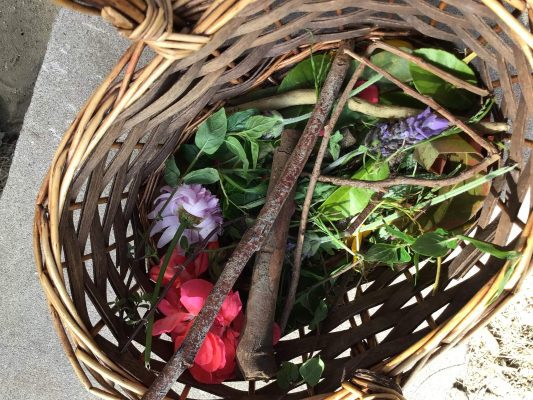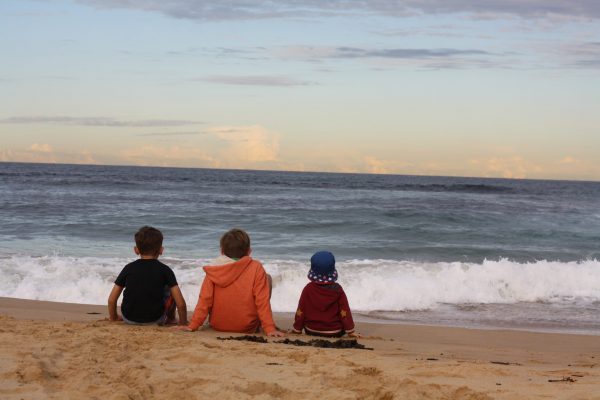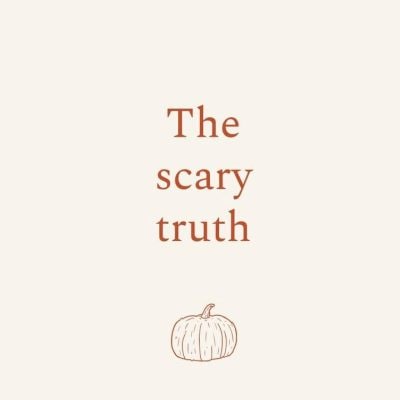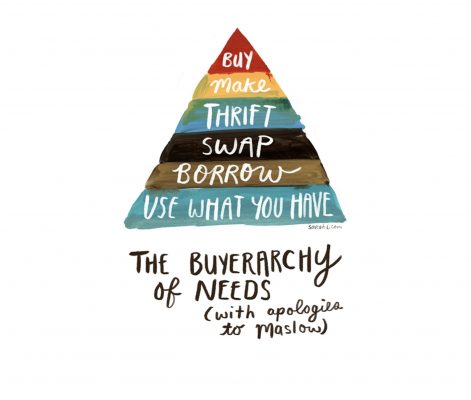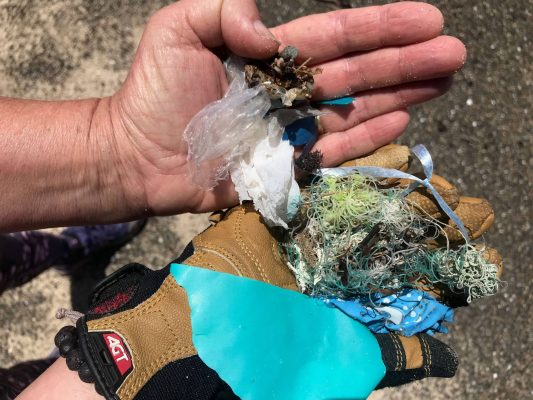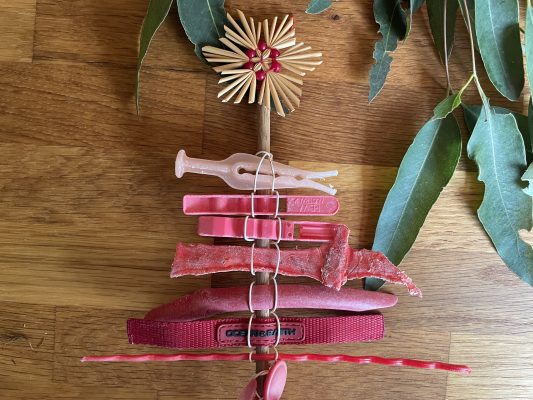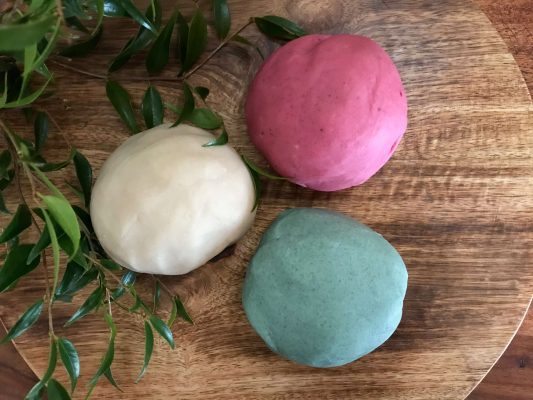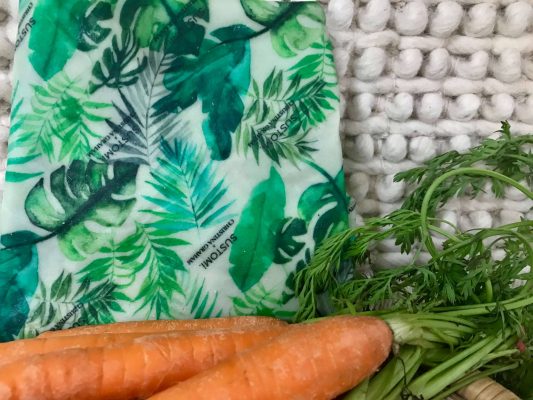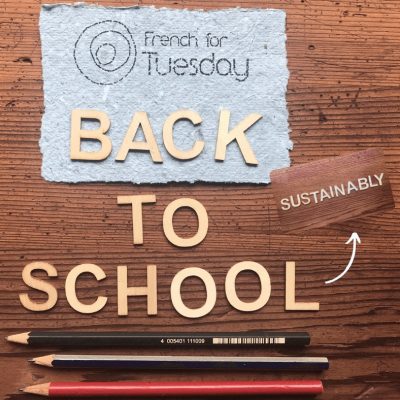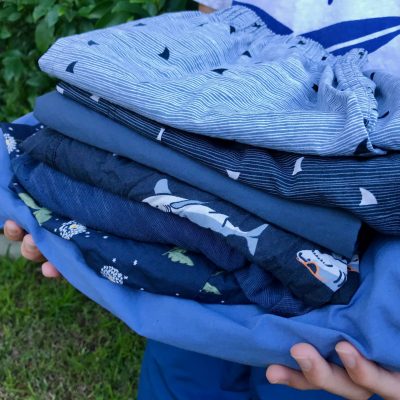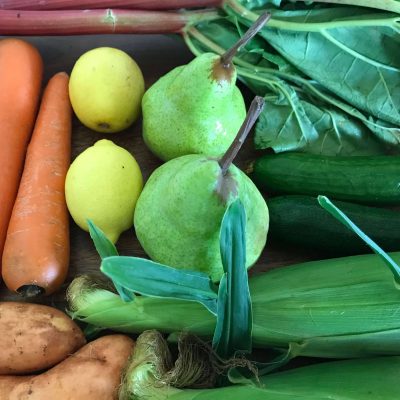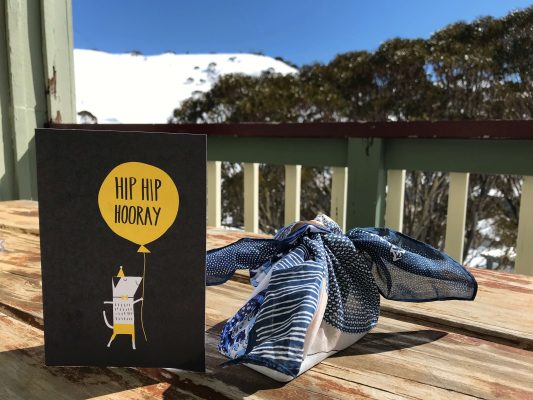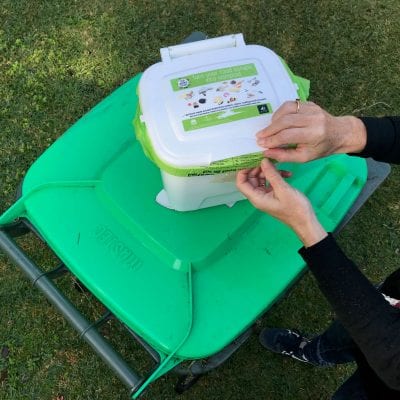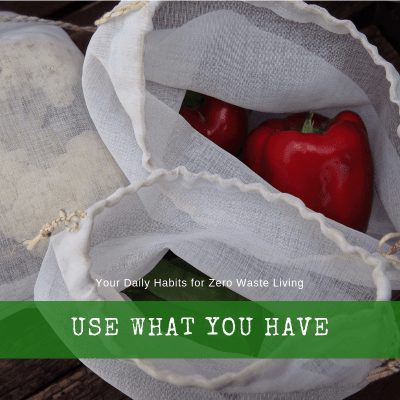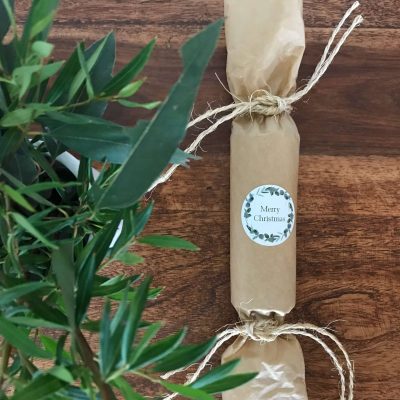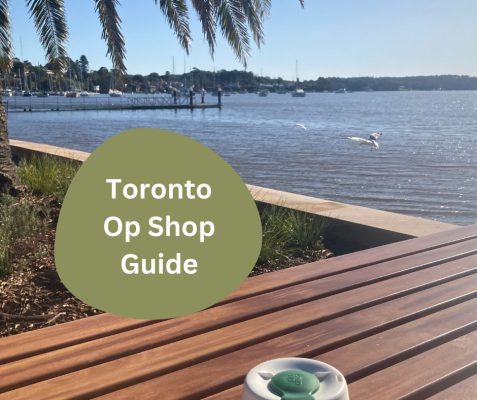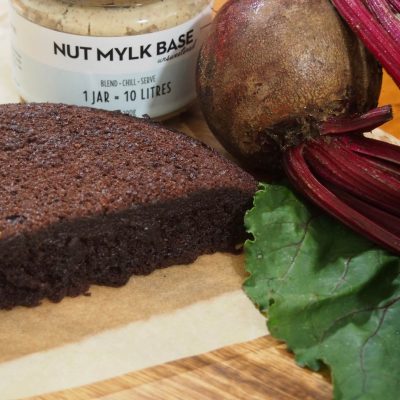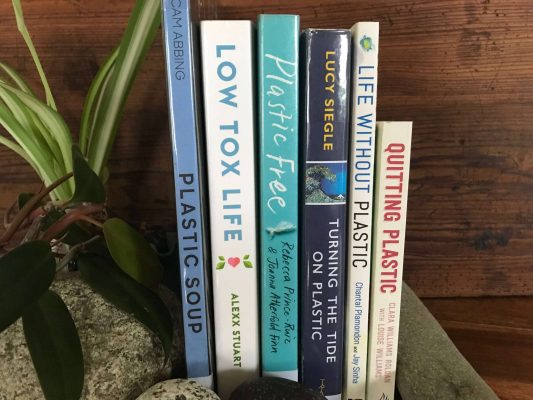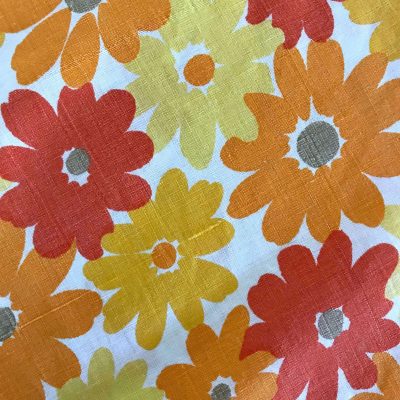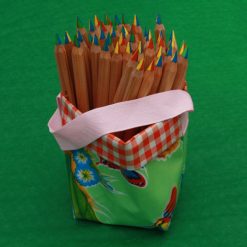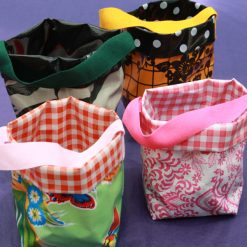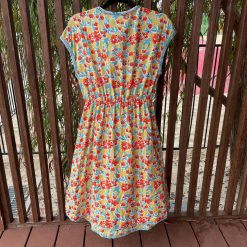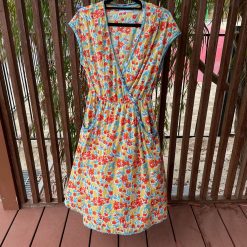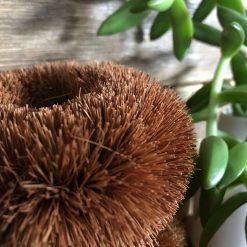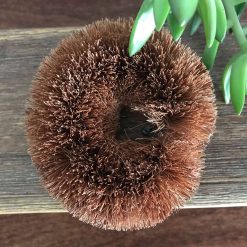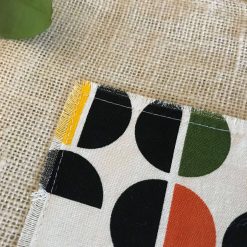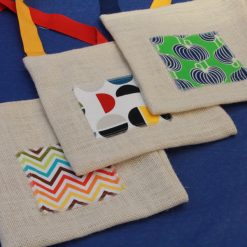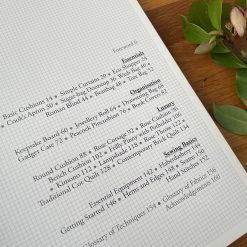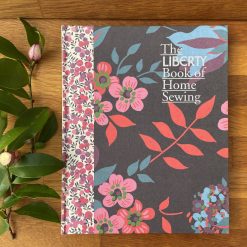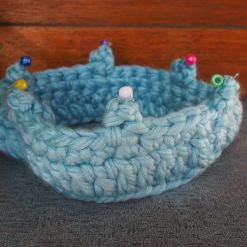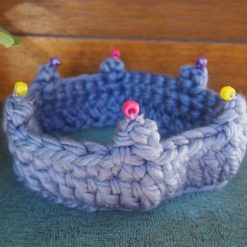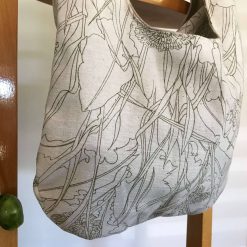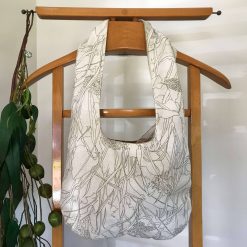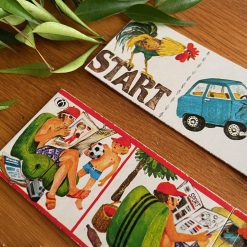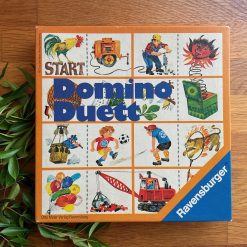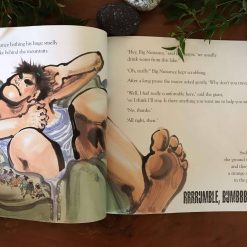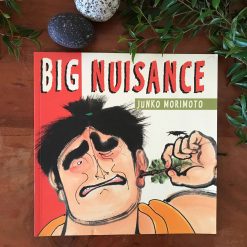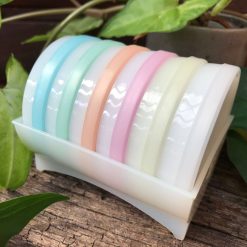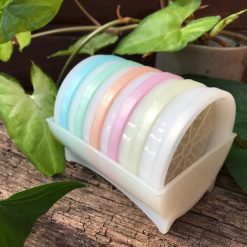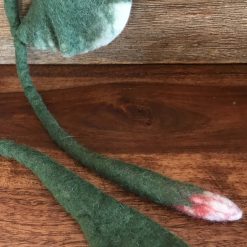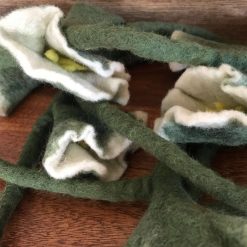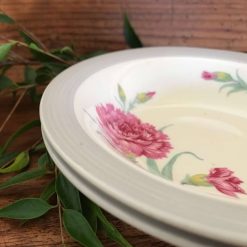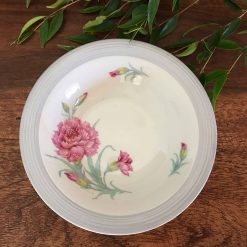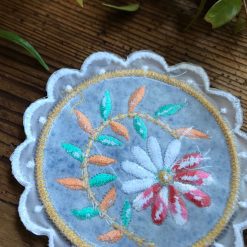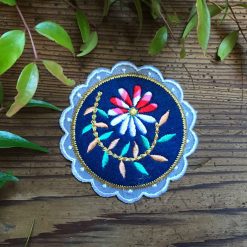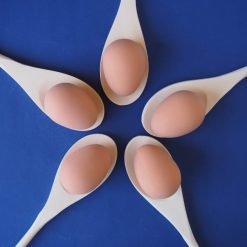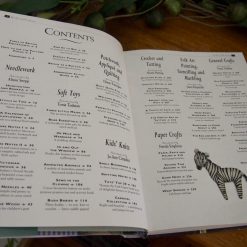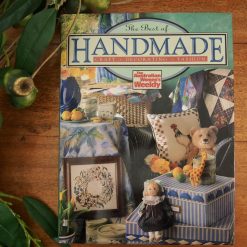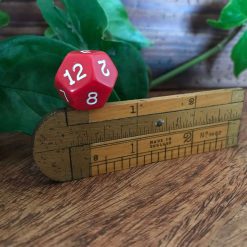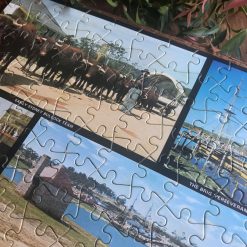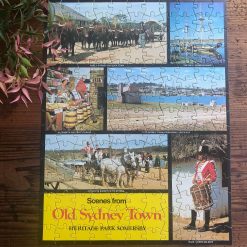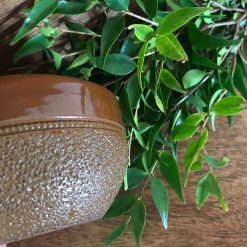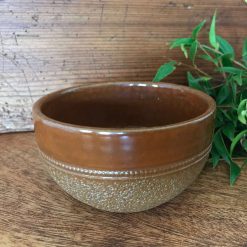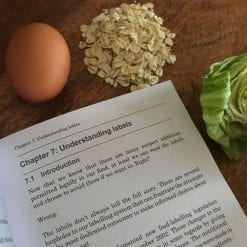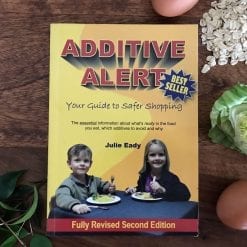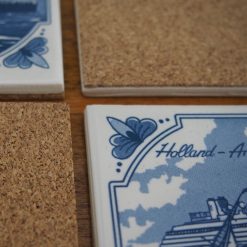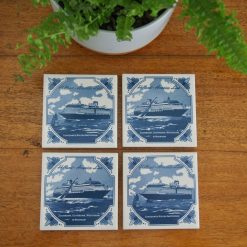In the Home, Making Change
Going Back to School Sustainably
Every new year we’re surrounded by Back to School catalogues telling us we need to buy everything possible for our kids’ return to the classroom. There’s strength in the marketing that passively urges us to buy everything new for the start of the school year. However, there are actually more fun things to do than spending summer holidays at the shops “preparing” for school.
A family’s school lifespan can be between 13 years and up to 20 years! So when thinking about this sustainably, our yearly back-to-school choices can make a huge difference in two decades.
These easy-to-action suggestions about going back to school with a sustainable approach will help you save money, time and our planet’s resources.
Choosing Quality School Supplies
Purchasing quality items may seem costly initially. However, you’ll save so much money over the next 13 years or so when you look at it from a cost-per-use concept.
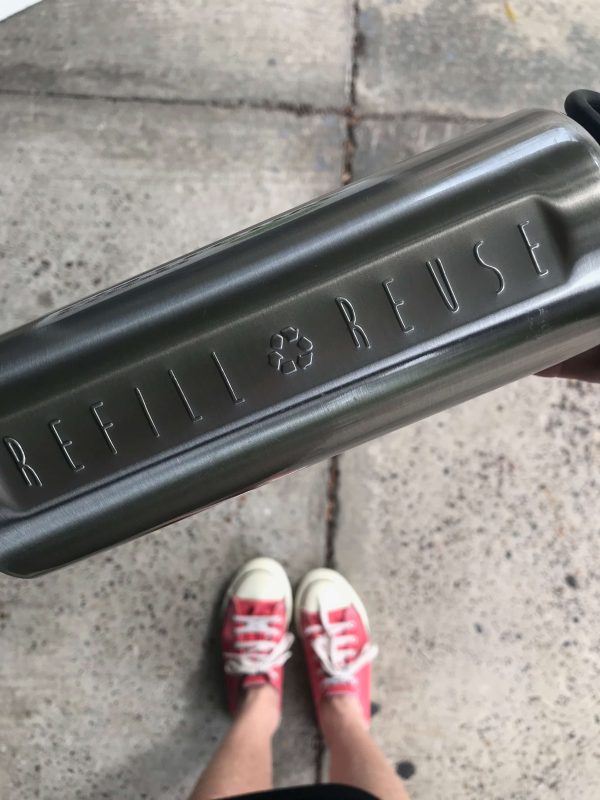
And from the beginning, children can use those quality items year after year. School bags, lunchboxes and drink bottles are excellent items to invest in now for quality and longevity.
Hot tips for schoolie first-timers:-
- Purchase a school backpack that defies fashion trends. Ask yourself, “Will my child wear this bag in Year 6?” helps decide the best bag for longer-term use. Go for plain colours and classic patterns.
- Stainless steel water bottles are durable, clash and crashworthy, keep water cold for longer and don’t leach phthalates and toxins. That’s a real win for your child’s health and the planet!
- Easy-to-open lunchboxes are a must. Ease of use will increase the likelihood of using them for the long term. Try to avoid lunchboxes with too many divisions. Opt for single-compartment lunchboxes for flexibility with the food included each day.
From a sustainability perspective, refrain from purchasing insulated lunch boxes, as they are the ones that are more likely to break within a year and cannot be recycled once broken.
Swap the insulated ones for ice packs and a tea towel. Pop the icepacks on the outside of the lunchbox, then wrap them neatly in a large tea towel. The towel absorbs the moisture and holds the ice pack to keep the contents cool.
Sourcing Second Hand Uniforms
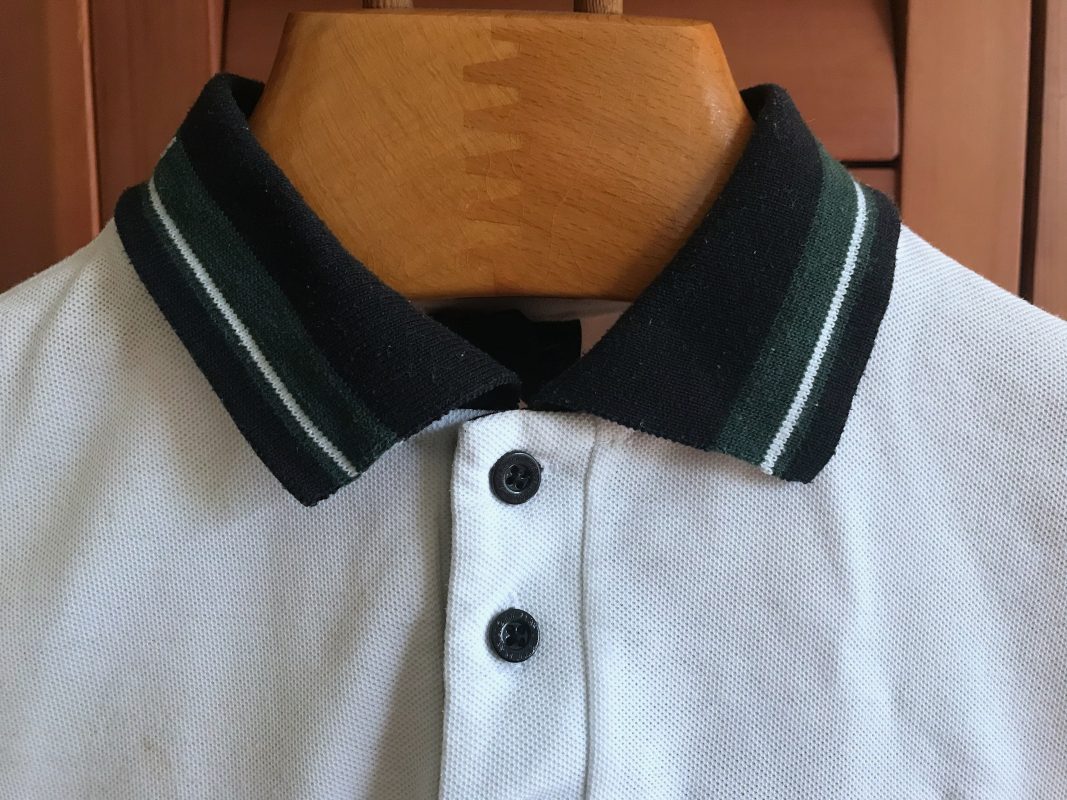
Between the ages of 5 years and 18 years, children grow at a rate of knots and will always need to update their school uniforms.
Source second hand uniforms by:
- checking to see if your school has a second hand uniform shop
- join your local Buy Nothing group, as people gift uniforms, usually of your locally zoned public school
- Facebook marketplace
- Chatting to the neighbours to mention how you’d be delighted to find a second hand option, as they might know where to look!
Buying Supplies More Mindfully
Schools like to give out a what-your-child needs list each year. It’s overwhelmingly filled with notebook recommendations, a myriad of stationery items and sometimes supplies for the school.
So filter the list to buy only what you need when you need it.
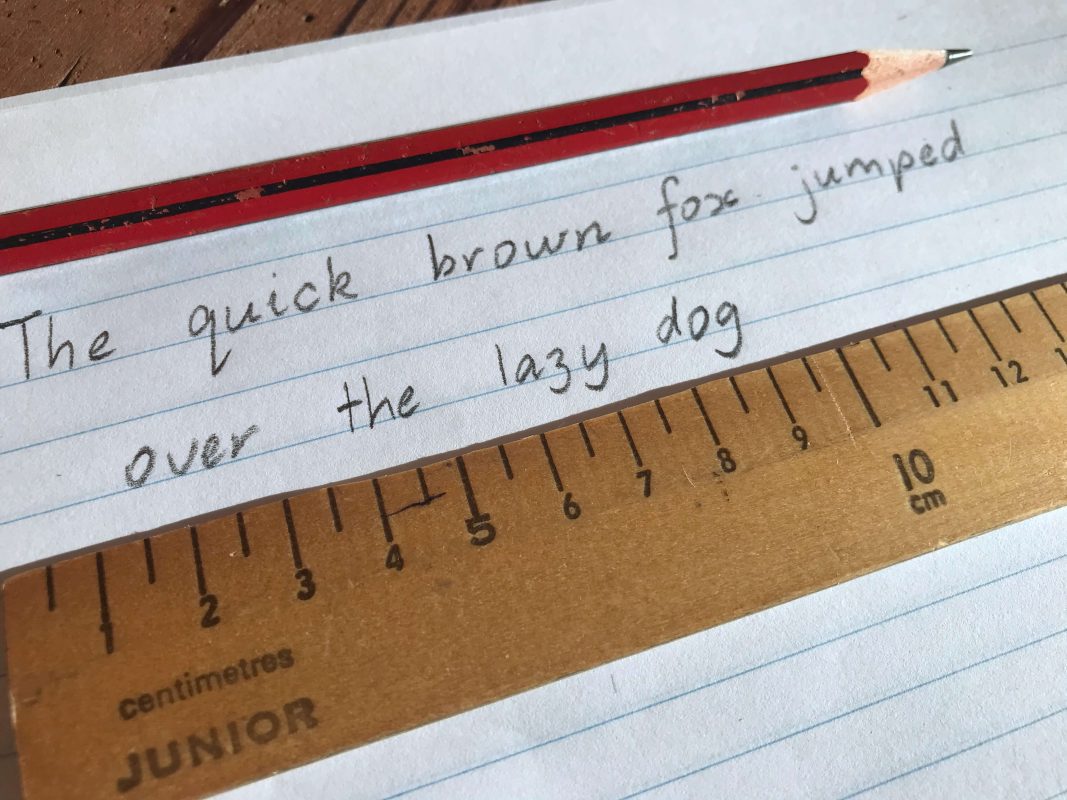
Give the school’s “book pack” a miss, as it comes with a whole lot of stuff that you don’t need every year.
Alternatively, look at what you already have to use in your home – simplifying the range of stationery-of-stuff benefits your child enormously. They’ll be more inclined to look after their belongings, be better organised and more focused.
Homemade Nude Foods
Making the time to double-batch cook from scratch one thing a week helps to reduce our reliance on pre-packaged food, increases the yum factor, and contributes to much healthier food choices. Enjoy sweet morning teas with these delicious therapeutic choc chip cookies from Low Tox Life.
For forward planning, using sustainable living values of purchasing quality, sourcing second hand, buying more mindfully and opting for package-free or homemade foods helps guide a simpler back-to-school approach.
Discover More…
Related stories and links from French for Tuesday:
- Read other stories that show how you can use what you already have and reduce your consumption.
- Spark your child’s imaginative play by simplifying their plastic toys and find out about the Share Shop, which is a library of things
The links in this section are affiliate links. At no additional cost to you, I may receive a commission if you choose to make a purchase from these Australian-based businesses.
Thankyou to everyone who supports French for Tuesday by shouting me a “cuppa”. A few dollars enables me to create authentic stories that teach us so much about eco living. I’m so thankful to have you as part of our community.
Articles and Stories
Inspiring stories about people & planet helping you live locally & sustainably everyday.


